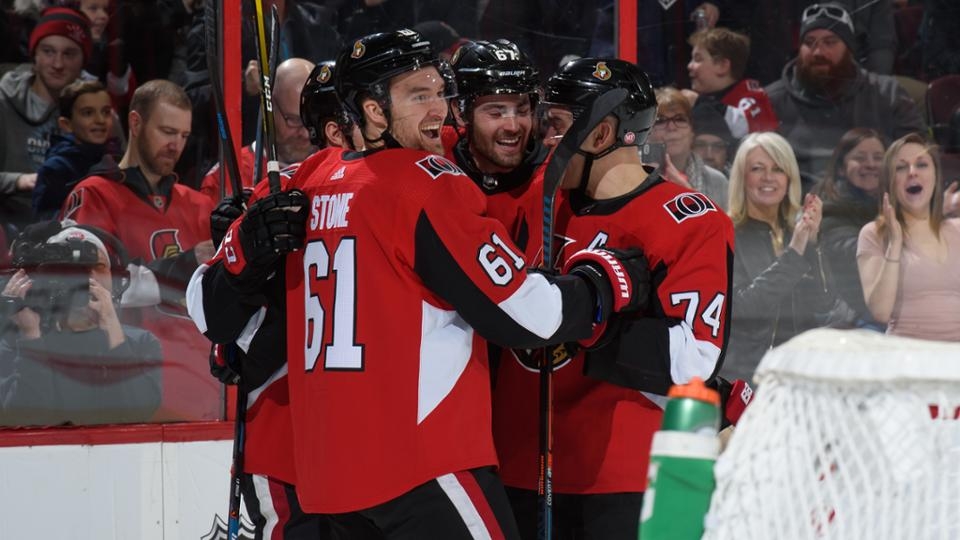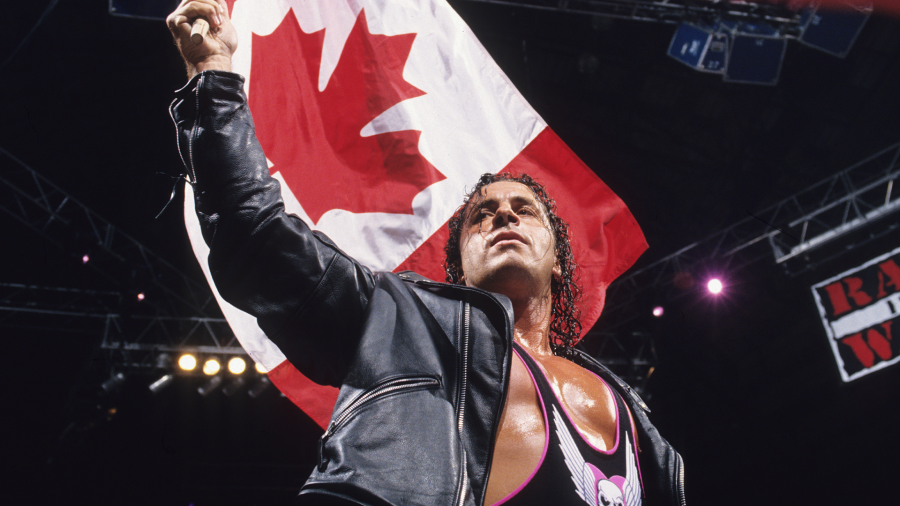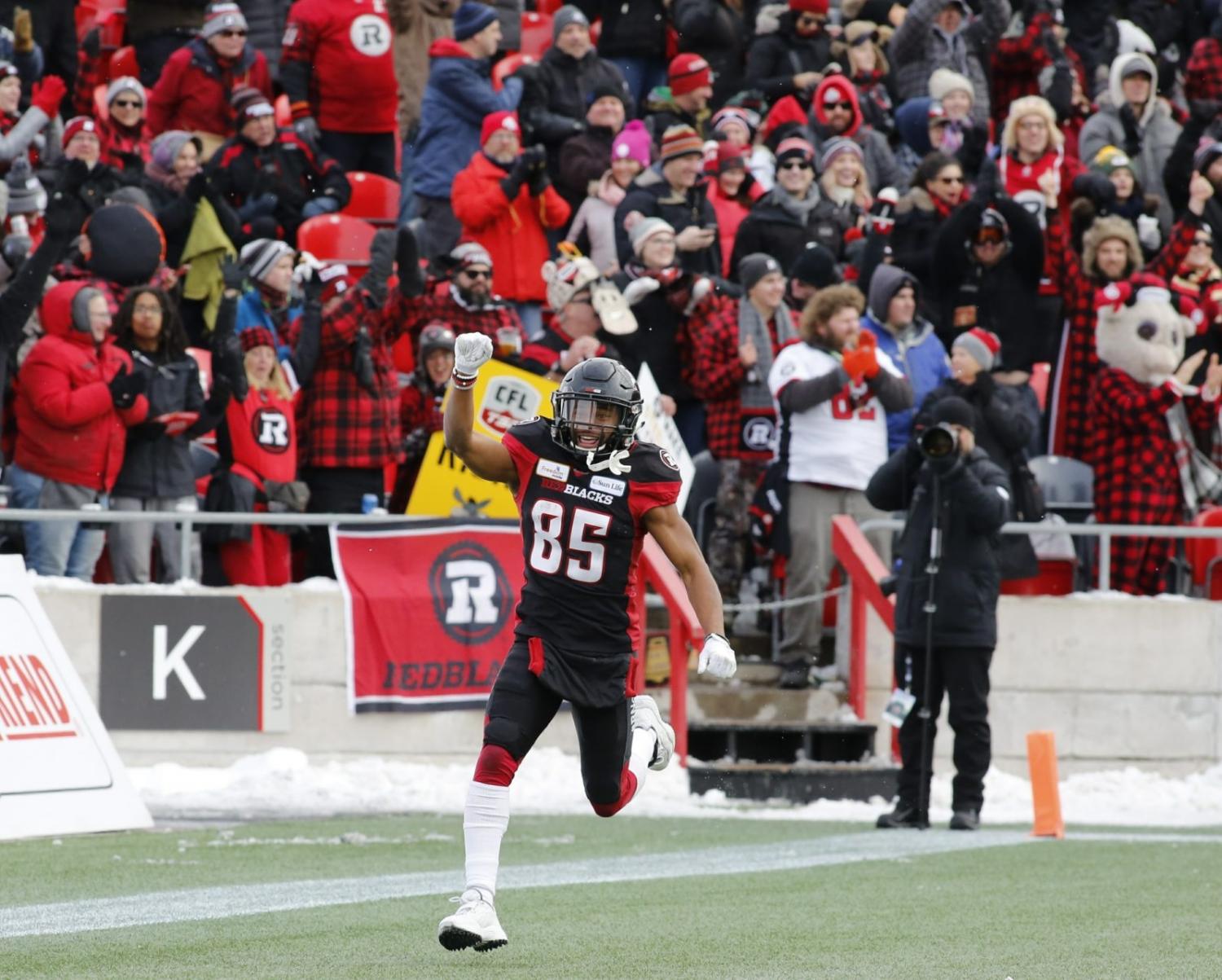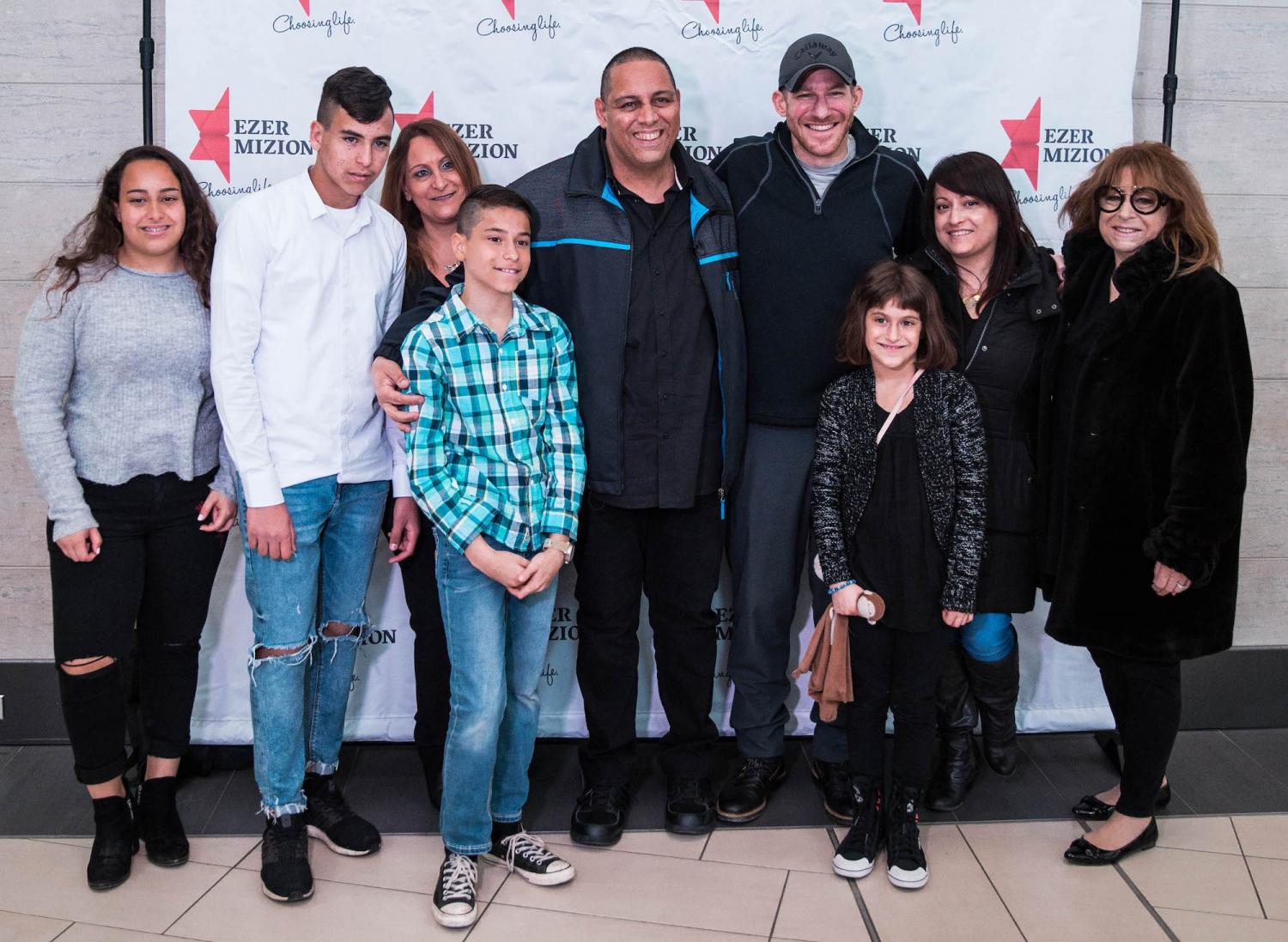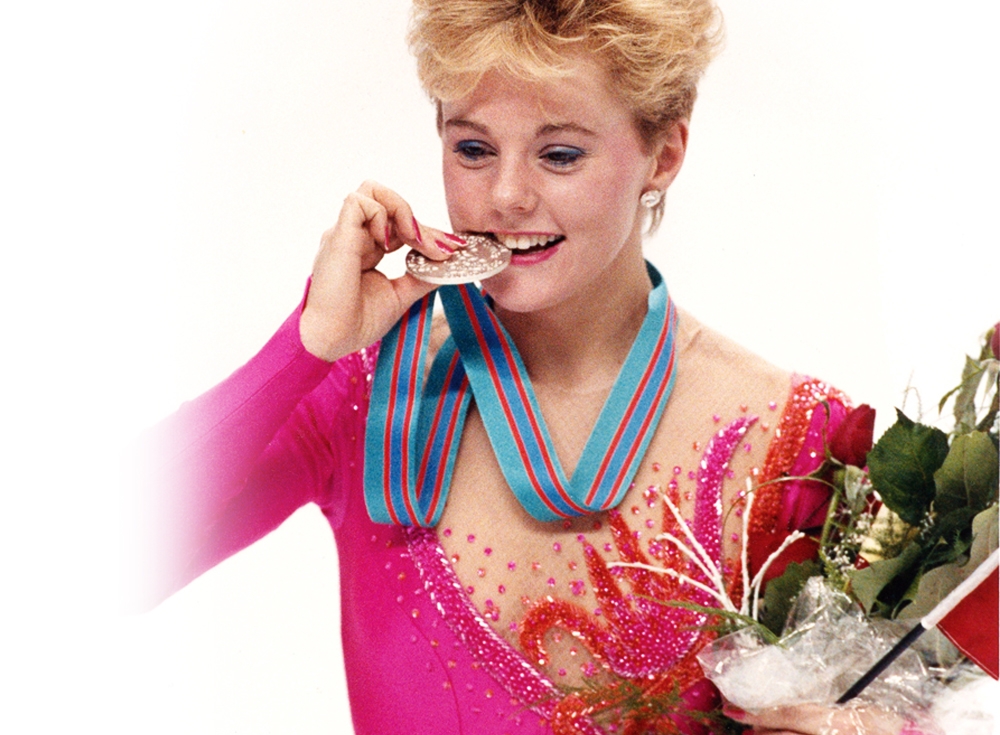
From Playground to Podium and Everything that Comes After
Everyone knows that podium moment.
You’re watching the Olympics late at night and the Canadian is facing the final jump, or the last lap or the breakaway goal. You hold your breath, they go for it, and after a few tense seconds…it’s perfect.
“Gooooooold!” someone inevitably yells.
Then it’s the podium, the medal ceremony, and everyone celebrates. But what happens once the lights have gone out and the games are over? Well, that’s when Canada’s Sports Hall of Fame steps in.
Although Canada’s Sports Hall of Fame certainly isn’t alone in honouring our country’s sporting history, it’s one of the only organizations that celebrates athletes throughout their entire journey. From playground to podium and through everything that comes after, Canada’s Sports Hall of Fame tells our sports heroes’ entire stories.
“That’s one of the things that makes (us) very unique,” says Mario Siciliano, Canada’s Sports Hall of Fame’s President and CEO. “It’s probably safe to say that 99 per cent of attention is happening from playground to podium, and that’s fantastic. What we’re saying is there’s a piece that happens post-podium and it’s really important.”
Once their glorious moment on the podium is over, some athletes turn around and start training for the next games, others start coaching, others go pro and many dedicate their time and image to charity.
After Canadian figure-skating legend Elizabeth Manley won silver in the 1988 Olympic Winter Games in Calgary, she began skating professionally with the Ice Capades and toured across the US. She’s also been an active advocate for mental health awareness, and isn’t afraid to talk about the depression that almost ruined her Olympic hopes.
If you end Manley’s story with her silver medal, you miss out on so many of the fantastic and inspiring things that came later on. Canada’s Sports Hall of Fame has accumulated hundreds of athletes’ stories, many of them just as interesting as Manley’s.
“Nobody was handed a medal, nobody bought a medal,” Siciliano says. “They all have their stories, and that’s the beauty of it.”
Siciliano hopes these amazing stories will inspire Canadians, but not in the way you might think.
Related: A Legacy of Sport.
“This may sound funny coming from Canada’s Sports Hall of Fame, but it isn’t our primary mandate to turn every Canadian into a gold medalist,” he says. “There are organizations that do that. Our role is to look at how every Canadian can celebrate, learn or benefit from these stories.”
Stories about athletes overcoming things like physical barriers or discrimination do not only inspire other athletes, they can inspire anyone facing those same problems. “You might not even know how to skate…that isn’t the point,” says Siciliano. “The point is if you’re struggling with depression, and you’re struggling getting up for work…here’s this person who has overcome this debilitating mental illness to not only get up out of bed, but they’ve actually gone so far as to win gold or silver medals,” explains Siciliano.
“The idea is that you can see yourself and your own struggles in these athletes’ stories and be inspired to be your best in your own life.”
Canada’s Sports Hall of Fame shares its stories in Calgary, the home base of the national institution, and across the nation through a number of educational programs and projects. The next generation of sport heroes, the Class of 2016, will be announced on April 27, 2016.

